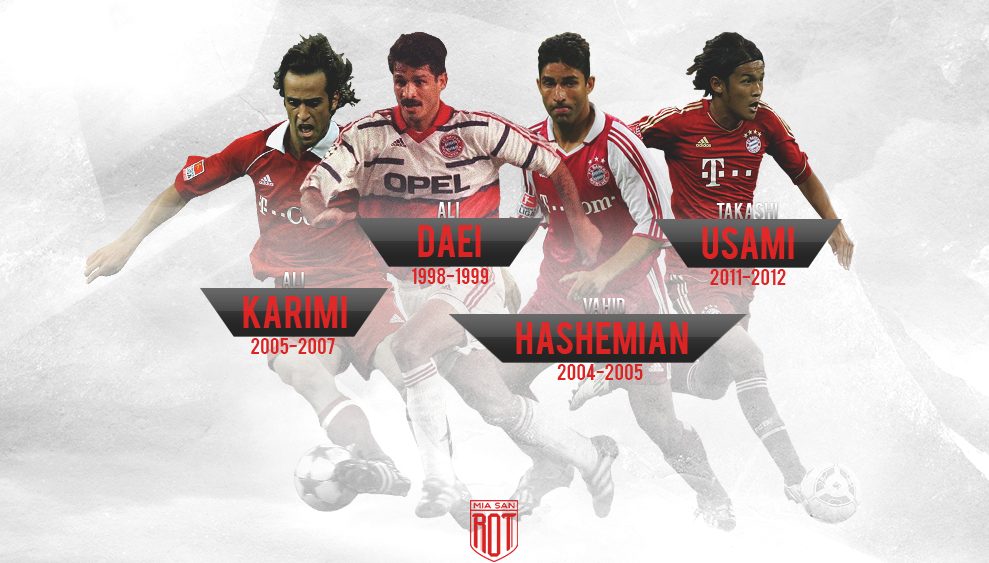FC Bayern’s history of Asian Players
NOTE: This article was written by Eskender Tamrat. Some of his other work can be found at the Bundesliga Fanatic and of course you can follow him on Twitter.
Ahead of the AFCON 2017, we revised African players who donned Bayern’s shirt and made their contrasting impact at the Rekordmeister. Now it’s time to take a look back at the Bavarians’ connection with players from the largest and most populous continent in the world.
“One of the best players Bayern had”
In the last decade or so, Cristiano Ronaldo and Lionel Messi made their ways into record books by smashing numerous club football records. The story is different when it comes to international football, though. Ali Daei is still the all-time leading goalscorer in national team matches, as the Iranian talisman is the only player to score a century of goals for his country (109), with Ronaldo, who will turn 34 next month, edging closer with 85 strikes for Portugal.
Daei’s only European adventure saw him spend five seasons in three Bundesliga clubs. Despite not being able to save Arminia Bielefeld from finishing bottom of the league in 1997-18, Daei earned himself a move to Bayern. He joined Bielefeld alongside his countryman Karim Bagheri and scored seven league goals, all of which arrived in Stadion Alm. Daei later admitted that he only intended to stay at Bielefeld for a season before moving on to a bigger club but he didn’t make full use of his opportunity.
Although the only time he was voted as “Asian Footballer of the Year” coincided with his time in Bavaria, Daei only managed to find the net six times with minutes limited due to the vast competition of renowned strikers like Elber and Carsten Jancker. In his first start for Bayern, he scored a brace in a 5-3 win against Hamburg but he couldn’t keep that momentum throughout his only season at the club. However, he became the first Asian player to feature in the Champions League and he was an unused substitute in the historic injury-time defeat to Manchester United.
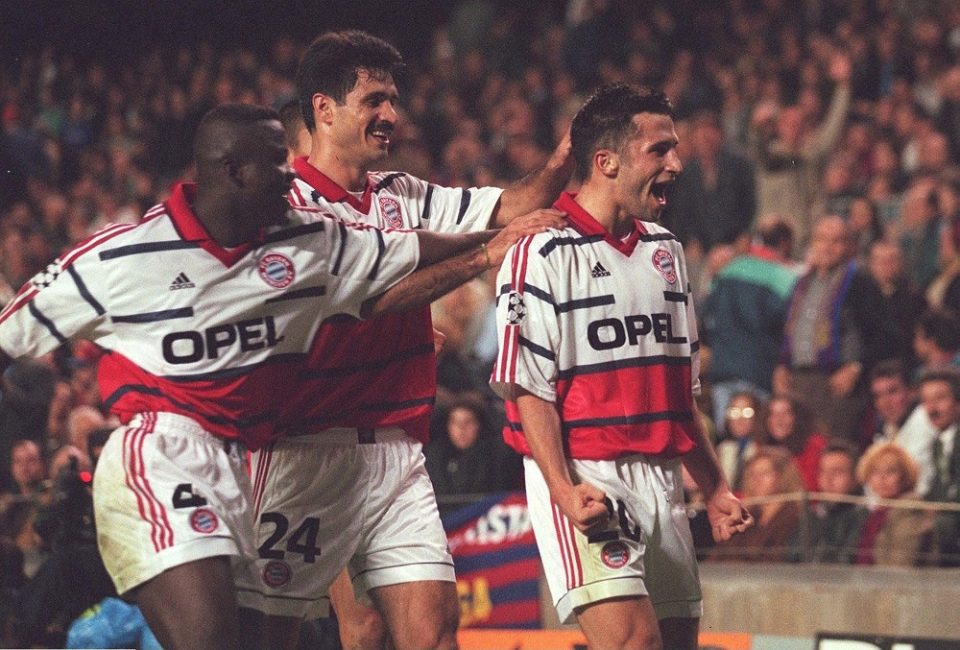
(Image: Martin Rose/Bongarts/Getty Images)
Franz Beckenbauer famously called him “a great ambassador and one of the best players Bayern Munich had” ahead of the 2006 World Cup, where Daei captained Iran at the big stage. He set up a memorable Mehdi Mahdavikia goal in the historic win against the USA in 1998 but finished his career without scoring in the World Cup. He spent further three seasons in Germany with Hertha Berlin, yet he couldn’t really live up to the hefty standards he set with the national team.
The Holy 8
In the mid-2000s, Bayern again welcomed an Iranian superstar in form of the artistic midfielder Ali Karimi, who joined from UAE’s Al-Ahli. Like his compatriot Daei, he had previously plied his trade in a well-supported Iranian club Persepolis and was one of their star players for the upcoming World Cup in Germany. Although he never managed to cement his place in the starting lineup, Karimi was very popular at Bayern and managed to win the Bundesliga and two DFB-Pokals before his eventual move back to the Middle East.
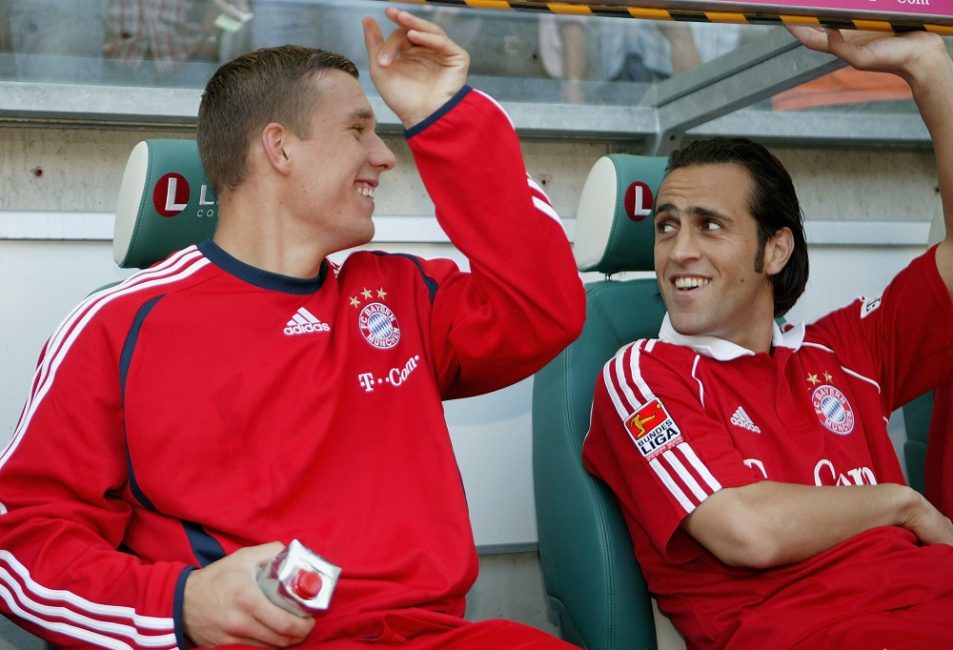
(Image: Friedemann Vogel/Bongarts/Getty Images)
Even though there were talks that his Bayern departure had been related to his unhealthy relationship with the authoritarian Felix Magath, he later made his comeback to European football with Magath’s Schalke. Karimi was flexible at either wide positions and in the attacking midfield role, with his dazzling skills with the ball and his skills to find ways in tighter positions having left lasting memories with Bayern fans. In 2014, the news that Karimi is hanging up his boots were met with fans recalling the brief times he managed to flourish in the early years of the Allianz Arena.
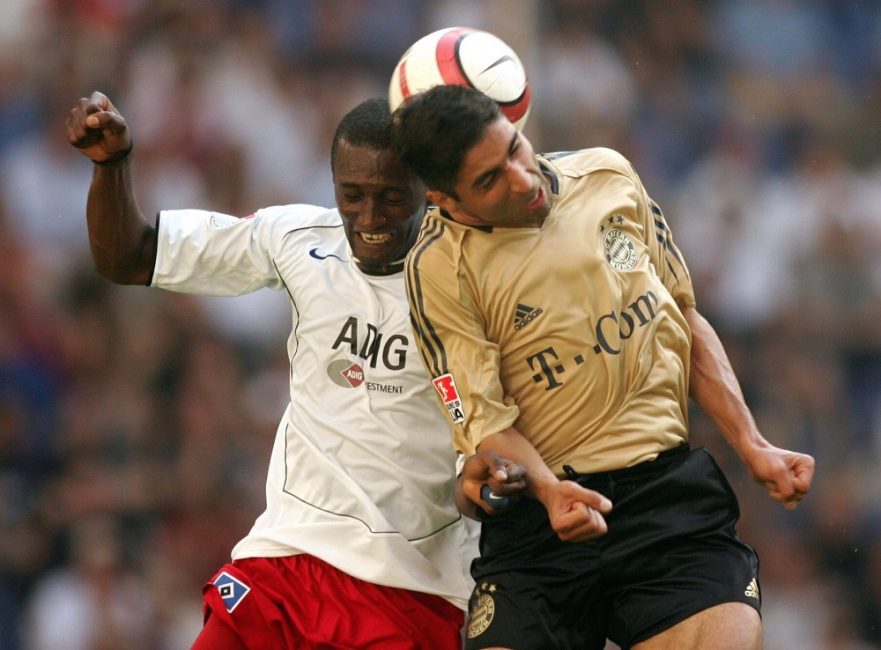
(Image: Martin Rose/Bongarts/Getty Images)
Albeit he had the smallest impact at Bayern, Vahid Hashemian was one of the two Iranian players who thrived for longer periods in the Bundesliga, alongside the tireless Mahdavikia. The current Hamburg U17 assistant coach reached over 200 Bundesliga appearances for four clubs in a decade. He arrived at Bayern in 2004-05, having scored 34 goals in his three years with Bochum, but his only Bayern goal came in a 7-0 Pokal victory against Freiburg. After a single season, where he was still part of the team that won a domestic double, he left Bayern to join Hannover.
Failed Promises
More than any of the top leagues in Europe, players from East Asia flourish in the Bundesliga. From the trailblazer Cha Bum-Kun – who had successful stints at Eintracht Frankfurt and Bayer Leverkusen in the 1980s – to Shinji Kagawa – who has scored the most Bundesliga goals of any Asian player, there are many success stories in the league. But, unfortunately, Bayern is yet to find a star from Asia who could cut it at their level.
Japanese winger Takashi Usami spent a season at Bayern but he only managed to play first-team football for a mere 224 minutes. After similarly difficult times at Augsburg and Hoffenheim, the former Gamba Osaka starlet now seems to settle at Fortuna Dusseldorf, who came away with a surprise point from Allianz earlier this season.
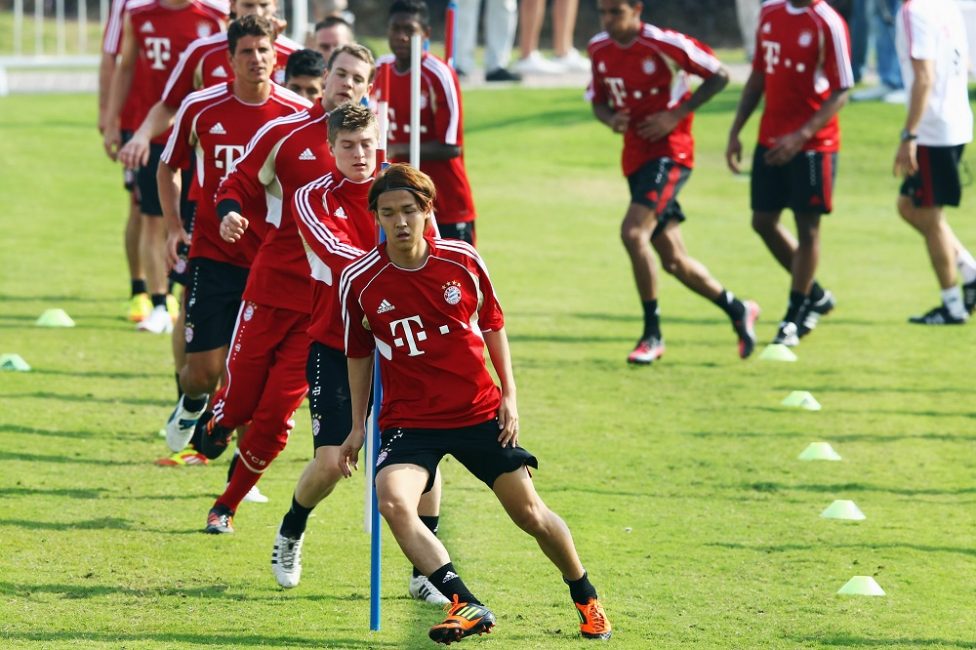
(Image: Alex Grimm/Bongarts/Getty Images)
Bayern are looking to have better success with South Korean youngster Woo-yeong Jeong, 19. The left-winger made his Bayern debut in the last ten minutes of a comfortable 5-1 win against Benfica in the Champions League. His abilities forced some to make comparisons with Bayern’s living legend Franck Ribery but, judging from their previous experiences, it’d be enough if Bayern’s South Korean fared better than fellow acquisitions from Asia.
Bayern, who recently reached to an agreement with Vietnamese champions Hanoi, have made consecutive marketing moves towards Asia and the continent has been one of their main destinations for summer tours. Their cooperations with the Asian market ranges from expansive social media teams to opening four academies in China. Whether Jeong proves to be a hit or they could get their man from one of their academies, it’s about time Bayern need some firepower from Asia.

